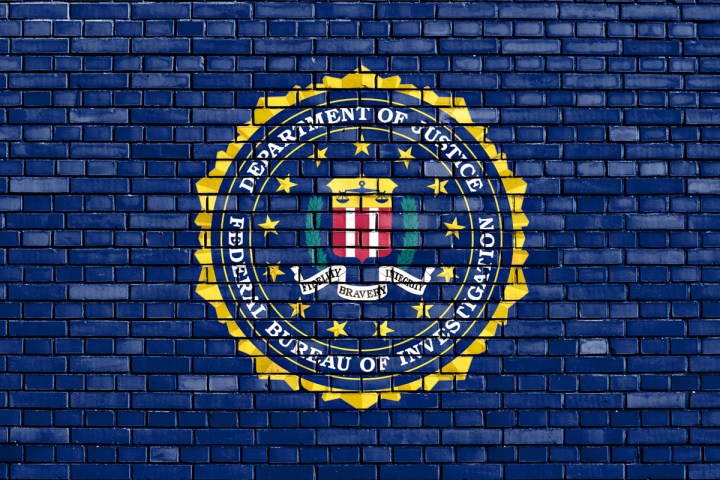
For the FBI’s part, its efforts are incredibly aggressive, ranging from exploiting the Tor anonymous routing system that enables the darknet, to operating or enabling certain child pornography sites in order to set up honeypots to grab identifying user data. Some information has been uncovered recently that hints at the FBI operating as many as half of all of the known child pornography sites on the darknet, according to Ars Technica.
The information comes from documents that the American Civil Liberties Union was able to obtain from the FBI, and it at least implies that the FBI received authorization to run 23 sites in addition to the one site that it is known to have at least temporarily assumed control over.
A key passage contained in one of the released documents reads, “In the normal course of the operation of a web site, a user sends ‘request data’ to the website in order to access that site. While Websites 1-23 operate at a government facility, such request data associated with a user’s actions on Websites 1-23 will be collected. That data collection is not a function of the NIT (network investigative techniques). Such request data can be paired with data collected by the NIT, however, in order to attempt to identify a particular user and to determine that particular user’s actions on Websites 1-23.”
Cybercrime lawyer Fred Jennings interpreted this statement to not quite acknowledge that the FBI is running the sites, but to at least hint that the agency is closely involved with them. He said, “That paragraph alone doesn’t quite say the FBI is operating them. But definitely no other way to read that than websites 1-23 were hosted at a government facility, with the FBI’s knowledge and to the FBI’s informational benefit. It’s clever phrasing on their part.”
In addition, these “network investigative techniques” were used to disseminate what can be termed malware that enables the bypassing of Tor protections in order to grab a user’s IP address, operating system, MAC address, and other potential identifying information. The use of NIT resulted in the arrest of almost 200 child pornography suspects in an operation dubbed “Playpen,” with almost 1,000 users identified, suggesting that more arrests may be on the way.
There are some strong protections that govern the authorization of these sorts of tactics. Rule 41, a part of federal jurisprudence rules, says that only a senior federal district judge can issue warrants for out-of-district actions, and that rule was used in Playpen. It’s not clear, though, if the rule was used correctly, because a number of Playpen cases have been jeopardized due to improper searches, according to rulings by federal judges in Iowa, Massachusetts, and Oklahoma.
The FBI is being cagey in response to direct questions about whether the agency is actually running “half of all child porn sites on the Tor-hidden Web,” and FBI spokesman Christopher Allen stated via email, “I would refer you to public documents on the Playpen investigation, in which we seized and operated a darkweb child pornography site for a period of less than two weeks. That was an extraordinary investigation, and to my knowledge may be the only time that has occurred. So to suggest this is a common thing is patently not true.”
Given the heinous nature of child pornography and its potential for causing significant harm to children, it’s unlikely that many people will fight these efforts by the FBI to round up perpetrators. Whether or not the FBI is actually running child porn sites on the darknet, merely enabling them, or just piggybacking via NIT to catch people sharing child pornography is now an open question, and one that will likely take some careful research to answer.


